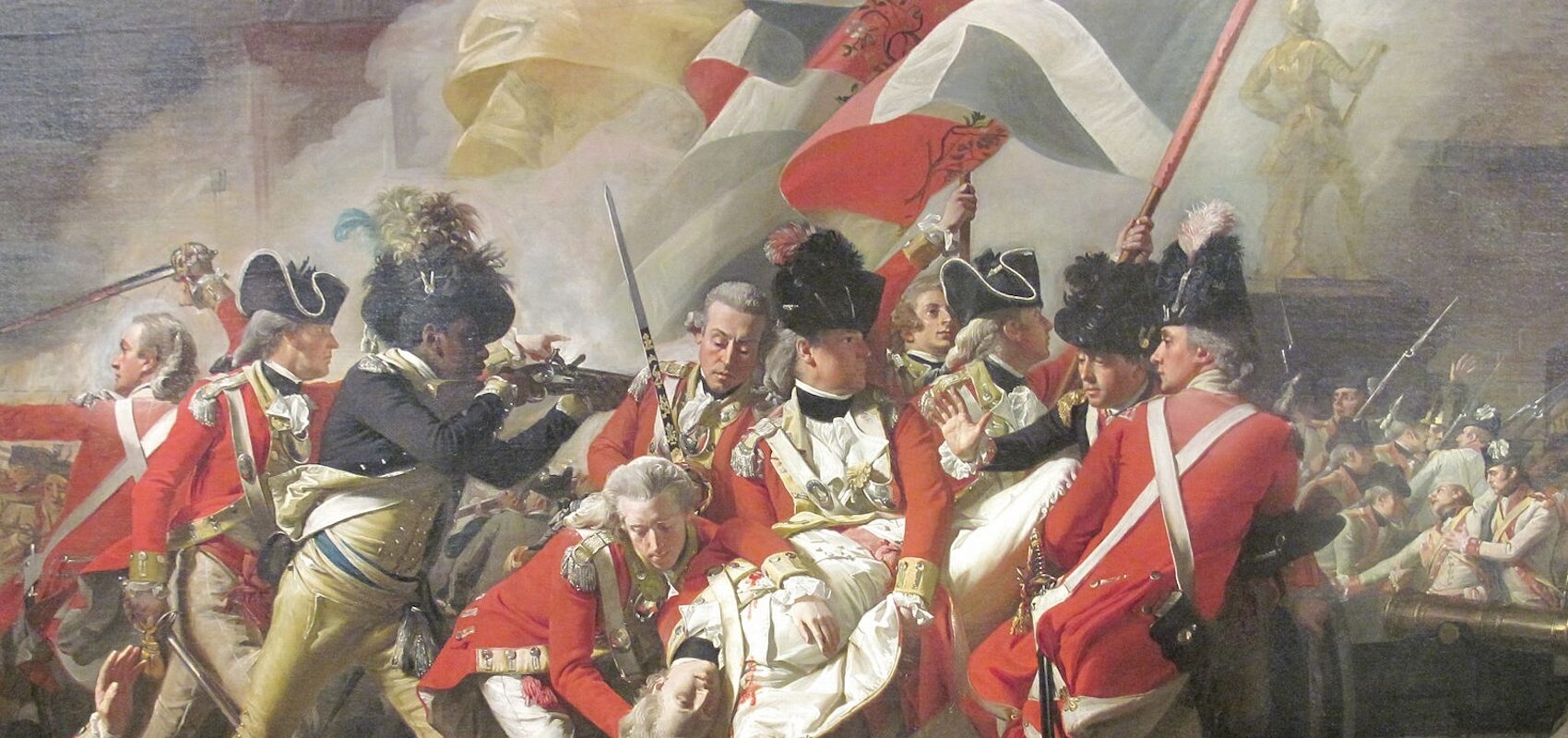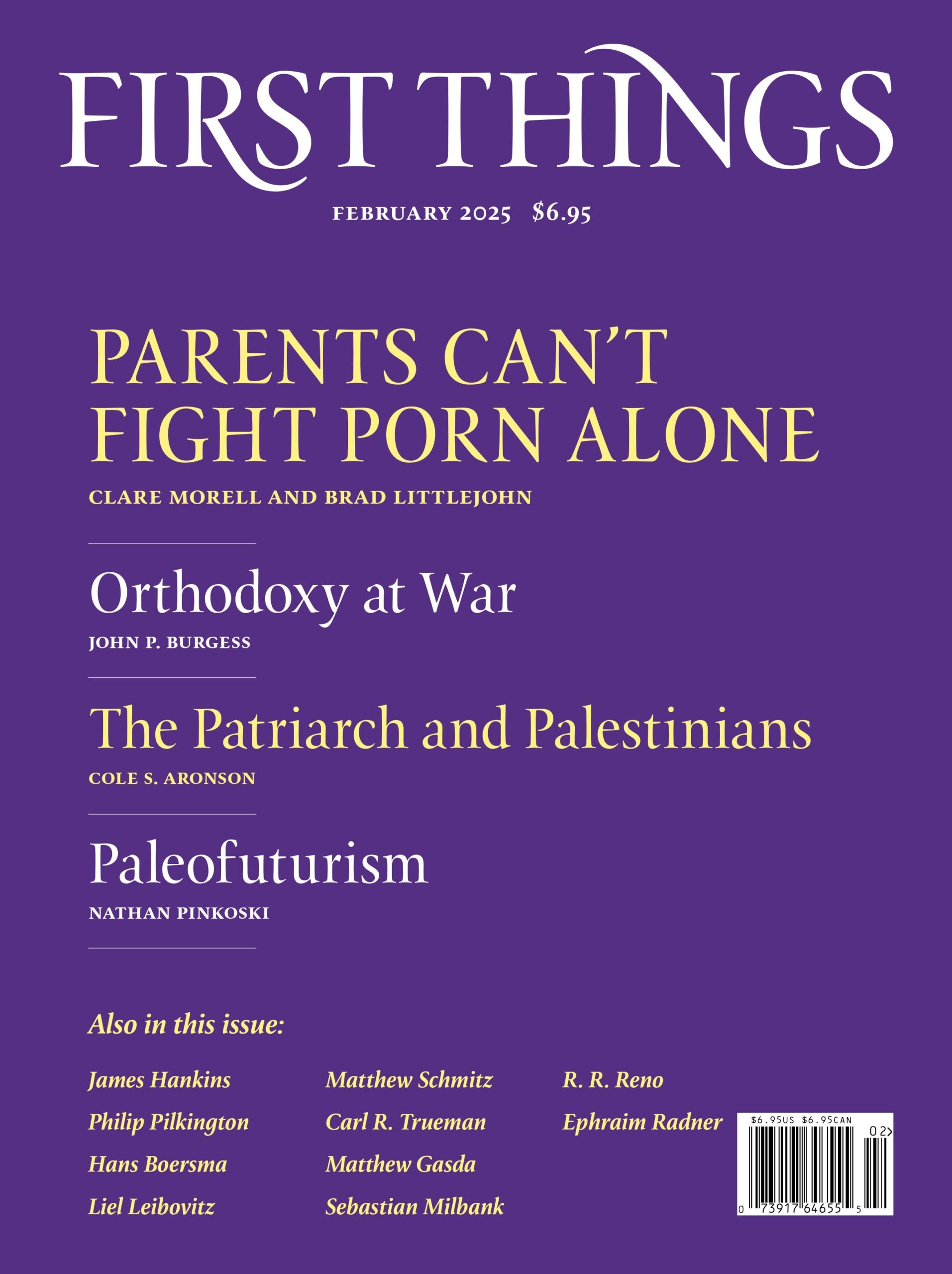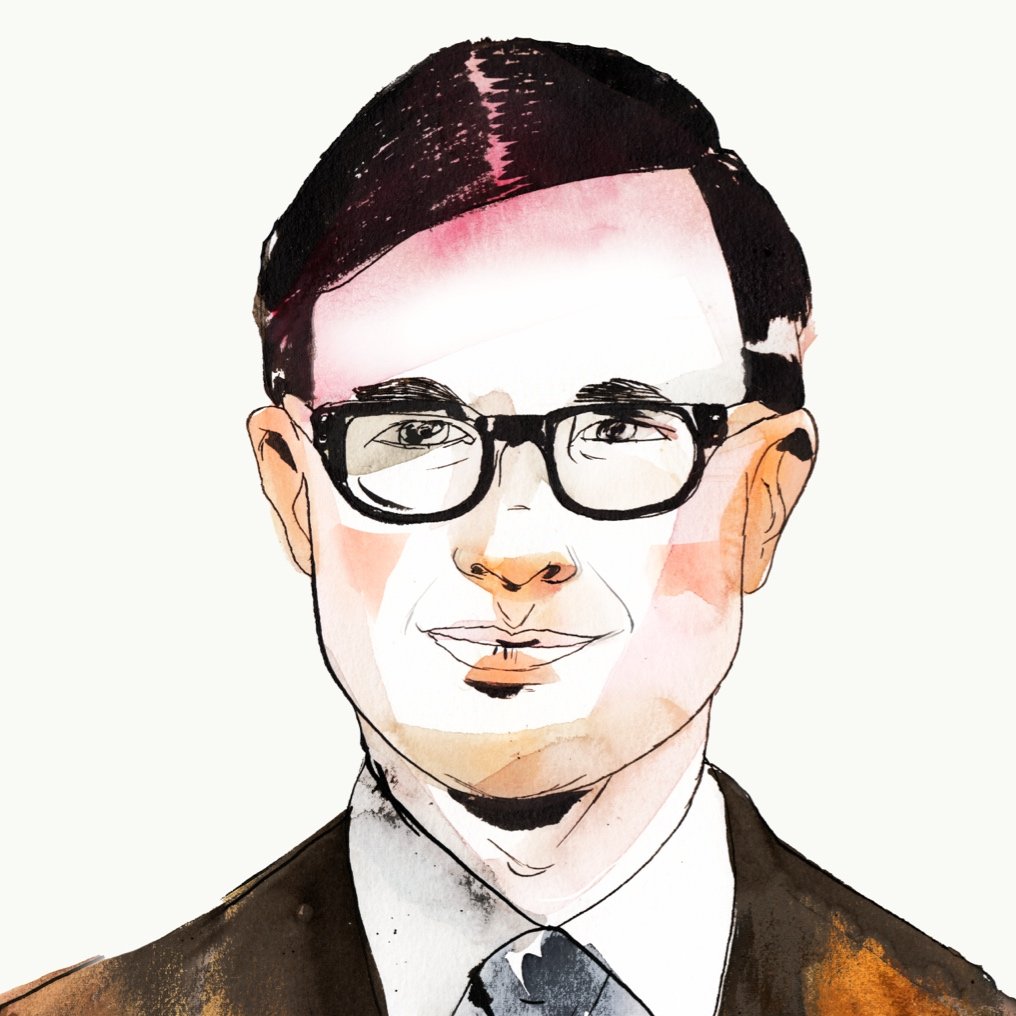
American Heretics:
Religious Adversaries of Liberal Order
by jerome e. copulsky
yale, 384 pages, $40
In the summer of 1775, amidst the heat of revolution, two hundred armed men gathered in Prince George’s County, Maryland, to prevent a Loyalist preacher from entering his own church. But the Rev. Jonathan Boucher would not be deterred. He confronted the mob, as he later recalled, “with my sermon in one hand and a loaded pistol in the other.” In order to escape the melee that ensued, Boucher grabbed one of his opponents by the collar, held a cocked gun to his head, and backed away from the mob, warning that “if any violence was offered to me I would instantly blow his brains out.” His opponents, unimpressed by this display, jeered. When Boucher returned to his pulpit the next Sunday, he spoke with two loaded pistols placed in front of him for all to see.
Boucher, one of the Revolutionary-era clergymen who believed their religious duties included loyalty to the British crown, may have been utterly opposed to the creation of the United States. He may have understood himself as an opponent of rebellion in all its forms. But he appears here as a quintessentially American type. He is the outlaw preacher, alternately ridiculous and menacing, seen in such films as Thunderbolt and Lightfoot and Pale Rider. He is the righteous rebel evoked in the legendary accounts of Jesse James teaching Sunday school. If the Declaration of Independence was important for the formation of the American character, so was the stubborn spirit that led the Rev. Boucher to stand before a crowd, Bible open and guns drawn.
This irony reappears throughout Jerome Copulsky’s study of “American heretics”—his name for the religious critics of the U.S. Constitution. From the Revolutionary era to the present day, these figures have argued that the United States is fundamentally flawed because God is not mentioned in its founding document or honored in its laws. Yet however un-American the political proposals of Loyalist clergymen, Presbyterian Covenanters, Theonomist pamphleteers, or Hispanophile traditionalists might seem, the men who offered them were irrepressibly American. Old stock and new immigrant, radical and conservative, they launched enterprises, underwent dramatic conversions, made the fullest possible use of free speech, and split from each other in a restless pursuit of happiness.
Copulsky describes the arguments these men offered and details some of their foibles. His account, even-handed in its early stages, grows more critical as he approaches current controversies. Along the way, he raises important questions about his subjects’ illiberal proposals, including what their realization would mean for non-Christians, and offers an effective argument for toleration. His case would have greater power, however, if he had taken the best arguments of his subjects—and the developments that prompted them—more seriously. He might have been forced to confront the fact that after decades of secularization America does not seem at any great risk of becoming a Christian theocracy, but is instead facing an effort to enact de facto censorship (directed at misinformation), blasphemy laws (targeting hate speech), and religious tests for office (as seen when then-Senator Kamala Harris questioned a judge over his membership in the Knights of Columbus).
From the beginning, Copulsky’s heretics worried about the repressive potential of the ethos they opposed. Thomas Chandler, a Loyalist clergyman, warned that “there would be no peace in the colonies, till we all submitted to the republican zealots and bigots of New-England.” Chandler had been raised in the Congregationalist faith of New England but embraced Anglicanism after undergoing a conversion at Yale. He viewed New England, then as now home to the nation’s most prestigious universities, as the source of a “persecuting, and intolerant spirit,” which would be directed against anyone who dared to dissent. The course of the Revolution confirmed these fears. Copulsky describes an incident in which a Loyalist clergyman in Massachusetts was “held captive at an inn and forced to gaze on a portrait of Oliver Cromwell for forty-five minutes”—a primitive version of mandatory sensitivity training.
Not long after Loyalism was swept away, a very different tradition of dissent came to the fore. The Covenanters, a group of Presbyterians tracing its roots back to seventeenth-century Scotland, had supported the Revolution. But they lamented the fact that the Constitution did not acknowledge God. They also objected to its religious-freedom guarantees, which seemed to countenance infidelity, and its failure to impose religious tests for office. For these and other reasons, they concluded (in the words of one influential tract) that the Christian “cannot yield obedience, for conscience sake, to the present civil authority in North America.”
Covenanters also objected to the Constitution’s toleration of slavery. In 1800, they barred slaveholders from communion with their church. Its official Declaration and Testimony, adopted in 1806, complained that the Constitution “establishes that system of robbery, by which men are held in slavery, despoiled of liberty, and property, and protection.” It also denounced the Three-Fifths Compromise for giving “the domestic tyrant who holds hundreds of his fellow creatures in bondage” an influence proportionate to the number of men he enslaved. Covenanters expressed their dissent by refusing to vote or hold public office, but they otherwise insisted that they were law-abiding. This wasn’t strictly true of those Covenanters who aided runaway slaves, thereby placing God’s law above man’s.
Like most of the other characters in Copulsky’s book, these Covenanters were willing to stand against society—one of the things that makes them seem so very American. A different attitude was evident in the Southern divines who offered their eloquence and learning in support of slavery, arguing that the Confederate Constitution, which offered explicit recognition of God, made the Confederacy a more Christian polity than the United States. No less than the Covenanters, these men insisted that society should be ordered in accordance with their understanding of God’s law. But this conviction led them to offer justifications for the Confederate regime, rather than protest its injustices.
Despite the overwhelmingly Christian makeup of the United States throughout this period, complaints about the godlessness of the Constitution never gained a wide hearing. Most people took for granted that the United States was governed by what Copulsky calls a “de facto nonsectarian Protestant establishment.” The establishment was evident not just in the existence of congressional chaplains and national days of fasting and thanksgiving, but in prayer and Bible reading in public schools. This system was undermined by several factors, including increasing religious diversity. It received its death blow from the Warren Court in decisions such as Everson v. Board of Education, which applied the First Amendment to state law, and Engel v. Vitale, which ruled it unconstitutional for state officials to write prayers and encourage their recitation in public school.
One must be mindful of these developments when considering the later “heretics” Copulsky describes. The radical Catholic Brent Bozell (another Yale convert) founded Triumph magazine in 1966 after writing a book that criticized the Warren Court. Around the same time, R. J. Rushdoony, a son of Armenian immigrants, proposed the modern application of Biblical law under the heading of “Theonomy”; he too criticized the Court’s “strange and far-reaching decisions.” Both men advocated a thorough reordering of the United States, but many religious believers thought that something analogous had already been achieved through the social and constitutional disruptions approved of by secularists.
Similarly, the appearance of self-described “integralists” and “Christian nationalists” in the past decade can be understood as a response to the Supreme Court’s decision in Obergefell v. Hodges, which religious conservatives perceived as the enshrinement of a comprehensive view of life utterly opposed to their own. In 2024, Justice Samuel Alito raised the concern that “Americans who do not hide their adherence to traditional religious beliefs about homosexual conduct will be ‘labeled as bigots and treated as such’ by the government.” He was commenting on a case in Missouri in which potential jurors were dismissed from an employment-discrimination trial after voicing reservations about same-sex relationships.
Copulsky has nothing to say about the emergence of a de facto religious test requiring adherence to progressive beliefs. Toward the end of his book, he remarks that “if it is to endure, America’s liberal democracy will have to be sustained in the absence of a moral consensus or clear-cut spiritual foundations.” But he goes on to acknowledge that even this settlement will entail favoring some beliefs at the expense of others. Copulsky admits that his vision of a liberal America is “not-entirely-neutral,” a fact already known to those accused of engaging in discrimination for their adherence to the Christian view of marriage. To imagine what an American theocracy would look like, you need not entertain the quixotic proposals of radicals. You need only observe a legal regime that compels assent to certain views in the name of freedom. People who end up on the wrong side of this system may wish for one that is not only truer, but more tolerant.


